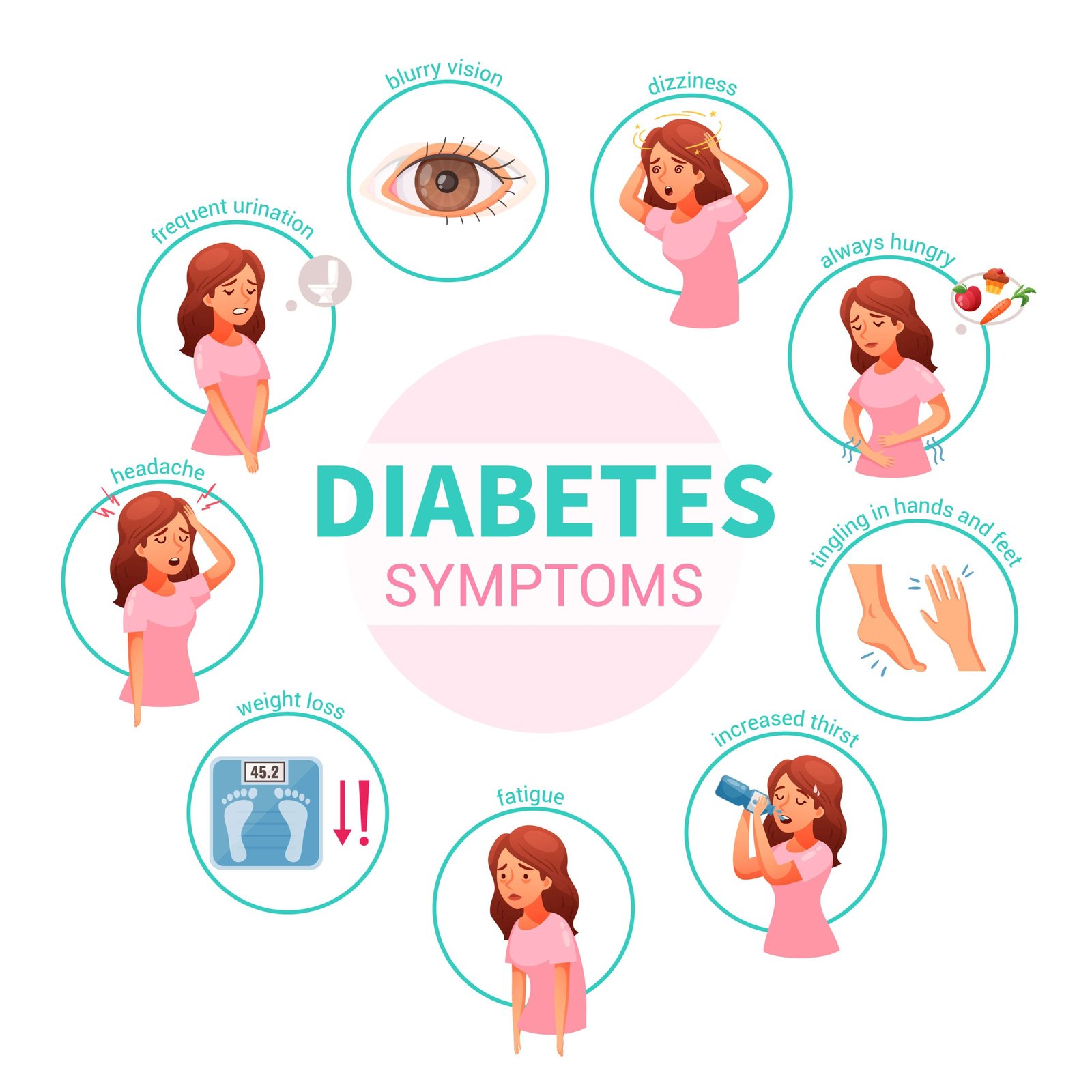Conditions treated
When do you need to consult an Endocrinologist?
- Child started passing too much urine, bed wetting in a previously normal child.
- Child has started drinking too much water, even in winters.
- Your child has started losing weight, even though he is very hungry and eating more than usual.
- Child had become irritable, lethargic, declining in school performance.

The children with these symptoms need to be tested for blood sugar. Diabetes in children are treated with insulin. It is an injection given under the skin. The doses are adjusted by the endocrinologist according to the child, his age and lifestyle.
Children with diabetes when managed well can lead a normal life, go to school and participate in all physical activities like normal children.
